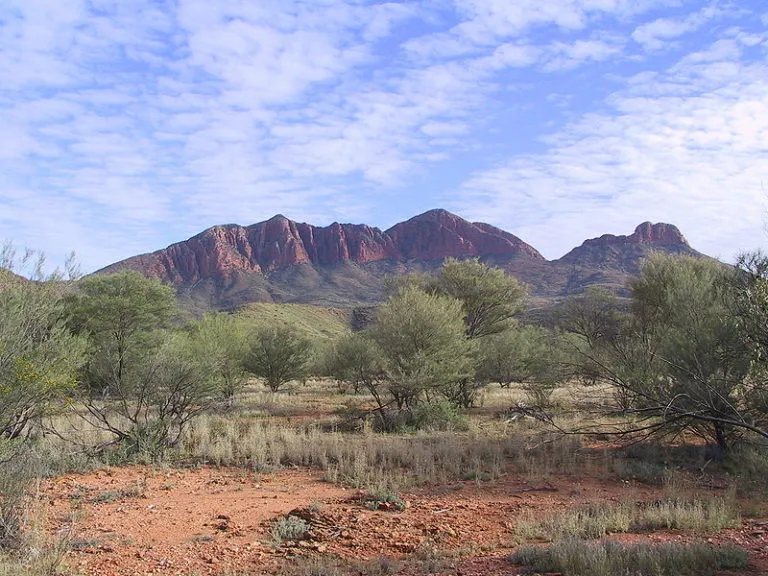Northern Territory goes big on battery storage
- Batteries are becoming effective enablers of renewable resource as grids Australia large come to be tested by the high infiltration of renewable resource. The Northern Territory is buying battery storage space little and also huge, to catch the overflow of its extraordinary renewable energy and also reroute it for the advantage of customers.

The Northern Territory Government desires its individuals to arise from COVID-19 with an also sunnier element on power-- even more solar generation, higher dependability of supply as well as reduced exhausts as the territory tracks in the direction of its target of 50% sustainable electrical energy supply by 2030.
In a joint news on Friday by NT Chief Minister Michael Gunner, as well as the state's Minister for Renewables, Energy and also Essential Services, Dale Wakefield, the Territory Government vowed a total amount of virtually $31 million for a grid-scale battery storage space system as well as to sustain more uptake of solar and also battery systems amongst services and also houses.
" Doing whatever it requires to conserve lives from Coronavirus indicates tossing the cooking area sink at conserving tasks as well as preparing the Territory for the rebound," claimed Gunner in a declaration; "I'm backing Territorians, solar and also reduced rates to get it done."
The Territory will certainly obtain a $30 million battery power storage space system (BESS) in coming months with the twin objectives of taking care of variations in the Darwin- Katherine grid brought on by enhancing degrees of behind-the-meter solar in the Territory; as well as lowering carbon discharges by changing partly the requirement for gas-fired spinning get.
The BESS installment is anticipated to be full in the 2nd fifty percent of 2022, as well as resulting decreases in gas required to supply spinning book in the Territory's power system are anticipated to conserve around $6.4 million per year, as well as will certainly likewise decrease discharges by some 50,000 tonnes every year.
Maintaining some solar for later on
Battery setup will certainly additionally be sustained on the presently locked-down residence front, where the NT Government intends to decrease home power prices by making it possible for locals to sock solar away throughout the day, for usage in night top times.
It is using $6,000 gives for residence as well as entrepreneur to set up solar PV systems with batteries of 7 kWh ability or even more and also authorized inverters; or for battery-plus-inverter acquisition by those currently basking under roof solar.
The brand-new plan, which will certainly be covered at around $800,000, is determined to sustain acquisition of some 130 systems, and also the deal to sustain battery acquisition will certainly change battery aid under the existing Home Improvement Scheme as well as business Improvement Grant.
While mounted systems presently drawing in the Territory's costs one-for-one feed-in toll (FiT) for solar exported to the grid will certainly proceed at that price; brand-new systems of as much as 30 kW acquired under the plan simply revealed will certainly obtain an FiT of 8.3 cents per kWh from Jacana Energy.
The Territory Government states this brand-new system will certainly be moneyed by cost savings accomplished by minimizing the FiT on brand-new systems.
Its schedule begins on Tuesday April 14-- prolonging the Easter quest right into the attic room, garage, or any place Territorians choose to mount their batteries.
BESS-practice applications
Preacher Wakefield claimed in her statement, "We desire Territorians to have accessibility to the most recent and also ideal modern technology as we develop a more powerful and also extra resistant power system for Territory homes and also organisations."
The Territory means making use of the grid-scale BESS to evaluate capability for large batteries to provide a series of power-system solutions, such as rapid regularity action as well as "mimicked inertia"-- that is, although batteries can not offer real inertia, they can react as rapidly as a mistake in the system can be spotted, promptly increase to full power to secure electrical power supply.
Relying on the efficiency of its BESS in reaction as well as stabilisation, the Territory will consequently think about providing such solutions to massive solar ranches, to lower the price of providing renewable resource in the NT.
Using more affordable arising battery innovation, claimed the Ministers' declaration, "might put the Territory in a leading setting to attain the 50% by 2030 target".
Also read

